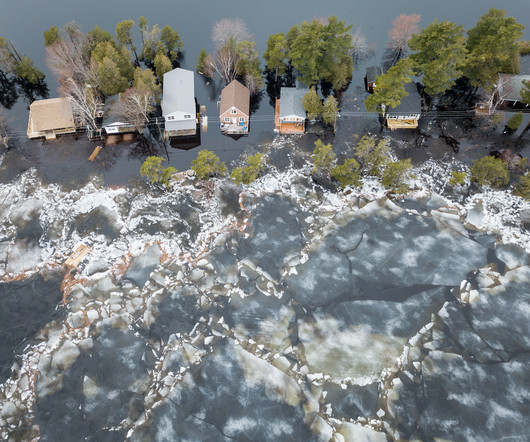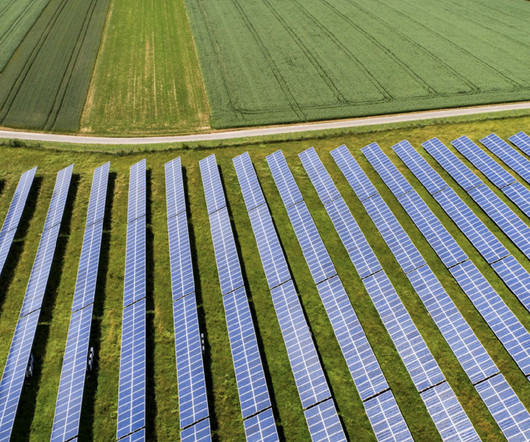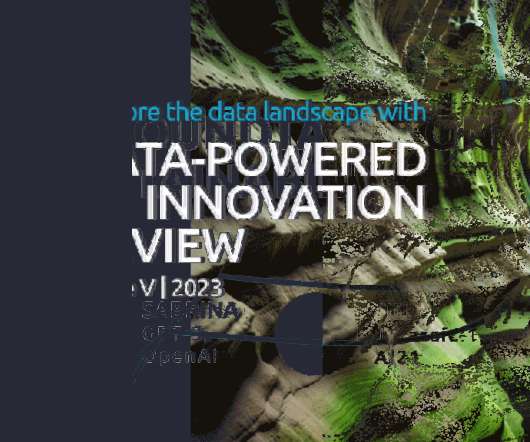Climate change predictions: Anticipating and adapting to a warming world
IBM Services
FEBRUARY 20, 2024
The collaboration is currently focused on building an AI-powered foundation model to make climate and weather applications faster and more accurate. feet) by 2050 and by 1.01 One of the latest climate modeling initiatives come through a partnership between IBM and NASA. millimeters (0.1 inches) per year to 3.4 millimeters (0.13














Let's personalize your content